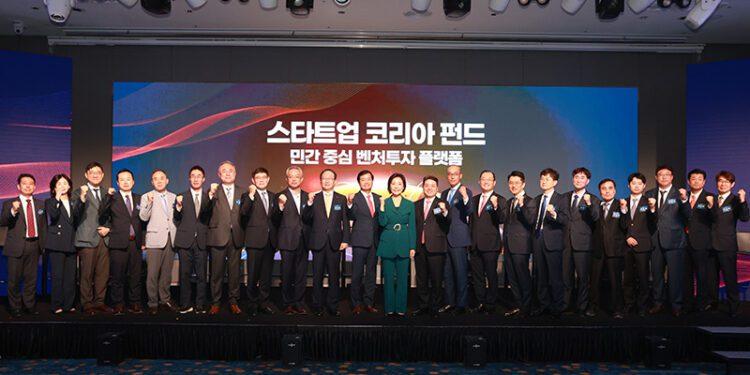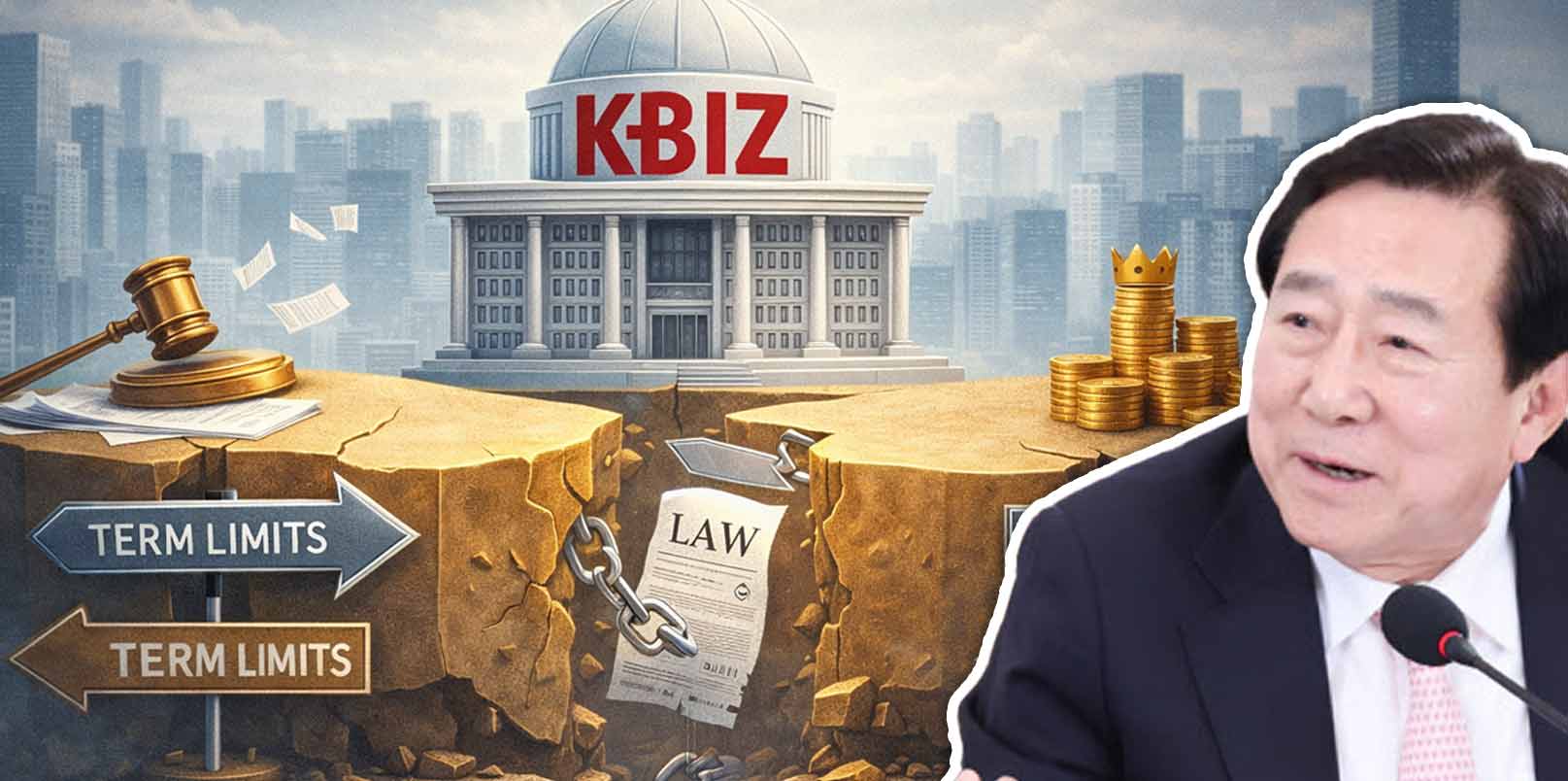The South Korean government has officially launched the first sub-fund for the ‘Startup Korea Fund’ project, an ambitious public-private venture capital initiative designed to support domestic startups and ventures. The entire initiative aims to raise over 2 trillion won (approximately $1.4 billion) from 2024 to 2027, with a focus on fostering innovation and technological advancement within the country.
The Startup Korea Fund, spearheaded by the Ministry of SMEs and Startups, is set to involve 21 private companies (Limited Partners – LPs) and aims to raise 807.5 billion won (approximately $588 million) in its first sub-fund by the second half of 2024. The fund’s primary objective is to facilitate bolder private sector investments in innovative technologies and ventures through unprecedented incentives, such as the government bearing initial losses and prioritizing profit distribution to private partners.
Focus on Strategic Technologies
The Korea Venture Investment Corporation announced the ‘2024 Startup Korea Fund Investment Project’ on May 31. The project plans to allocate 585.3 billion won for investments, with 242.3 billion won ($176 million) coming from government-backed funds and 343 billion won ($249 million) from private LPs. The investments will be divided into two main areas: the “super gap” sector, which will focus on strategic technologies like semiconductors, biotech, mobility, and AI, receiving 492.8 billion won ($358 million), and a secondary sector, investing in shares of small and medium venture companies, allocated 92.5 billion won.
A key feature of the fund is the high 70% investment ratio, with funds contributing 30% and private LPs jointly investing 40%, thereby reducing the burden on general partners (GPs) to attract additional funds. Notable private participants include major corporations like Samsung, Hyosung, LG U+, Kakao Mobility, and Hanwha Total Energy, alongside financial institutions like IBK Industrial Bank and KB Kookmin Bank.
Incentives to Attract Private Investments and Reduce Risk
The Ministry of SMEs and Startups emphasized the unprecedented incentives offered to entice bolder private investments, such as the government bearing initial losses and prioritizing profit distribution to private partners. The primary investment will be in the top 10 venture startups in the super gap field or companies selected as ‘Super gap startup 1000+ projects’. The 10 sectors designated by the government include System semiconductors, Bio/Health, Future mobility, Eco-friendly/Energy, Robotics, Big data/AI, Cyber security/Network, Aerospace/Marine, Next-generation nuclear power plant, and Quantum technology.
The secondary sector will focus on investing in the shares of small and medium-sized venture companies. This sector plans to invest a total of 92.5 billion won ($67.7 million), including 37.5 billion won ($27.6 million) from mother funds and 55 billion won ($40 million) from private LPs, to form a sub-fund worth 125 billion won ($91 million). The main investments include:
- Ownership of domestic venture startups.
- Shares of blind venture funds established for more than three years.
- Acquisition of venture startups for mergers and acquisitions (M&A) and buyouts.
It is also noteworthy that GPs are allowed to choose between management and performance compensation systems, with the possibility to lower the previously proposed management fee rate by up to 0.5 percentage points, and increase the performance fee payment rate by up to 10 percentage points. This incentive aims to encourage GPs to more actively engage in investment and recovery.
Major Corporations and Financial Institutions Commit to Investing
In August 2023, through the ‘Startup Korea Strategy Meeting’ chaired by the President, the government had declared the ‘Startup Korea Fund’ as a pivotal initiative where ventures and startups will lead Korea’s economic growth. The fund offers strengthened incentives such as priority loss provision, additional points in shared growth evaluation, and government awards to encourage private sector investments. This strategy aims to lower the proportion of government finances while increasing private funds, thereby doubling the fund’s effectiveness in attracting private investments.
There are a total of 21 private LPs participating in the Startup Korea Fund, with 19 involved in the super gap field and 3 in the secondary field. IBK Industrial Bank of Korea invests in both fields. Participants in the super gap field include prominent names like IBK Industrial Bank of Korea, KC, LG U+, NPC, Yellow Umbrella Mutual Aid, Doowon Heavy Industries, MAPAL HITECO, Viva Republica, Samsung Life Insurance, Samsung Fire & Marine Insurance, Samchully, Shinseong Delta Tech, Shinhanda Diamond Industrial, Chong Kun Dang Holdings, Kakao Mobility, Hanwha Total Energy, Hyosung, Hyosung Heavy Industries, and Hyosung T&C. In the secondary sector, IBK Industrial Bank of Korea, KB Kookmin Bank, and Yellow Umbrella Mutual Aid are participating.
With this initiative, South Korea aims to bolster its startup ecosystem and solidify its position as a leader in technological innovation and economic growth.
Keep tab on latest news in the Korean startup ecosystem & follow us on LinkedIN, Facebook, and Twitter for more exciting updates and insights.





